words by chris
In 2009, a few months after first arriving in Ecuador our first term, I was asked to join the board of FACE (Foundation for the Advancement of the Communities of Ecuador). For those who don’t know, FACE as the acronym implies, is the humanitarian and community development foundation of IPEE. It began as a partnership between the Uniting Church of Sweden and the Covenant church of Ecuador in 1971.
Interestingly enough, I was asked as a board member to sit on a subcommittee, the subcommittee of Agra-forestry. Now, I am very interested in transformational sustainable development, alleviating poverty, and local agency in bringing opportunity and justice. However, my experience before 2009 with either forestry or agriculture was working as a foreman for landscaping companies in Michigan and Colorado. I knew how to read a blueprint and plant trees where indicated, irrigation options, and flagstone patios. I knew a lot about hybrid-grasses; little about the projects I would eventually work on: dairy farming, mushroom growing, and organic tropical vegetable gardens. The learning curve was steep.
In that time I would learn a lot. I already loved landscaping and gardening, but adding the element of partnership and involving the future of our friends’ livelihood brought other aspects to serving in my new role. As a suburban kid I began to learn more about food. Previously my thoughts about food boiled down to whether it was ready to eat or not. The driving food debates in my mind were “which are better, Little Debbie Swiss Cake Roles or Nutty Bars?” (The answer is Nutty Bars.) This new rural experience immersed me in the realities of food, farming, globalization, appropriate sustainable technology, indigenous land use and agricultural reform.
Timely opportunities would present themselves. Right after our son was born I was asked to help facilitate a mission team in Nicaragua. The pastor in Nicaragua asked for training in sustainable home gardens, to better the diet of his community. So that week I was able to participate, as a translator but also as a learner, in training for sustainable gardens in tropical climates. Little did I know that would become very handy shortly after arriving in Ecuador.
When we returned to the United States in 2012, much of my interests and encouragement derived from my experience with indigenous farmers in Ecuador. As a result, I took classes and began research on poverty and globalization, indigenous theology and Christian expression, and increasingly attuned to issues of agriculture the world over. I was able to take a class at the Catholic Theological Union on Women, Poverty and Global Justice with classmates from rural Rwanda, Ghana, Vietnam, China, and Oregon. I had the opportunity to learn from and alongside First Nations/Native American professors and students at the North American Indigenous Institute of Theological Studies (NAIITS).
After graduation and upon return to Ecuador we didn’t know if we would be involved much in FACE. We had been invited to other roles. I knew we would at least return to the communities we had been in before to visit and encourage our friends.
As events have unfolded we will be involved with FACE again. With the departure of our friends and colleagues Kristina and Erik, I will be helping the projects with translation work and connecting with Covenant World Relief. I am grateful for the opportunity again to place my hands in the dirt of the Andes, reconnect with old friends and new, lament where transformation has stalled or injustices reoccurred, and encouraged with the transformation and agency of many of the communities who encouraged us.
I have already been on a few brief visits. This past Monday I was invited by the project coordinator of a community dairy project, Gustavo Iguago, to reconnect with the community of Lote Tres. We were present when the church in Lote Tres, alongside a visiting group from River Falls, WI, envisioned developing better and sustainable milk production. I will write more on that project soon, but it is suffice to say that much change has occurred since 2010. Now the dairy association has a consistent buyer, producing 500 liters every 2 days between 25 families, and have overcome some troubles to arrive to a well-administered project. The community, once skeptical, now spend a lot a time around the dairy plant and church, dreaming and working toward next steps in the betterment of their own health and community.
I am excited to see what ways God will continue to move through these communities, empowering them to seek sustainable and responsible change in their communities and land. While driving back down the mountain on Monday, Gustavo looked at me and said, “What we are doing together here is more than bringing economics to this community. As an indigenous community, part of our cultural problem has been we are told we are not worth anything. We have seen otherwise. That is the important part of the Gospel. We are humans. We have dignity.” Amen.
I love to read. If interested here is a list of just a few books, blogs and sites I have found helpful, encouraging, and eye-opening in regards to globalization and spirituality, modern indigenous thought and theology, and agricultural changes in the Global South:
Holism in Development Deborah Aju
Shalom and the Community of Creation: An Indigenous Vision Randy Woodley
Globalization, Spirituality and Justice Daniel G. Groody
Serving with the Poor in Latin America Tetsunao Yamamori, Bryant L. Myers, C. René Padilla & Greg Rake, eds.
Development as Freedom Amartya Sen (Noble Peace Prize Laureate)
Walking with the Poor: Principles and Practices of Transformational Development Bryant L. Myers
Stuffed and Starved: The Hidden Battle for the World Food System Raj Patel
http://www.mygfsi.com/ Global Food Safety Initiative homepage
http://blog.cifor.org/26908/land-tenure-reforms-africa-review?fnl=en Center for International Forestry Research

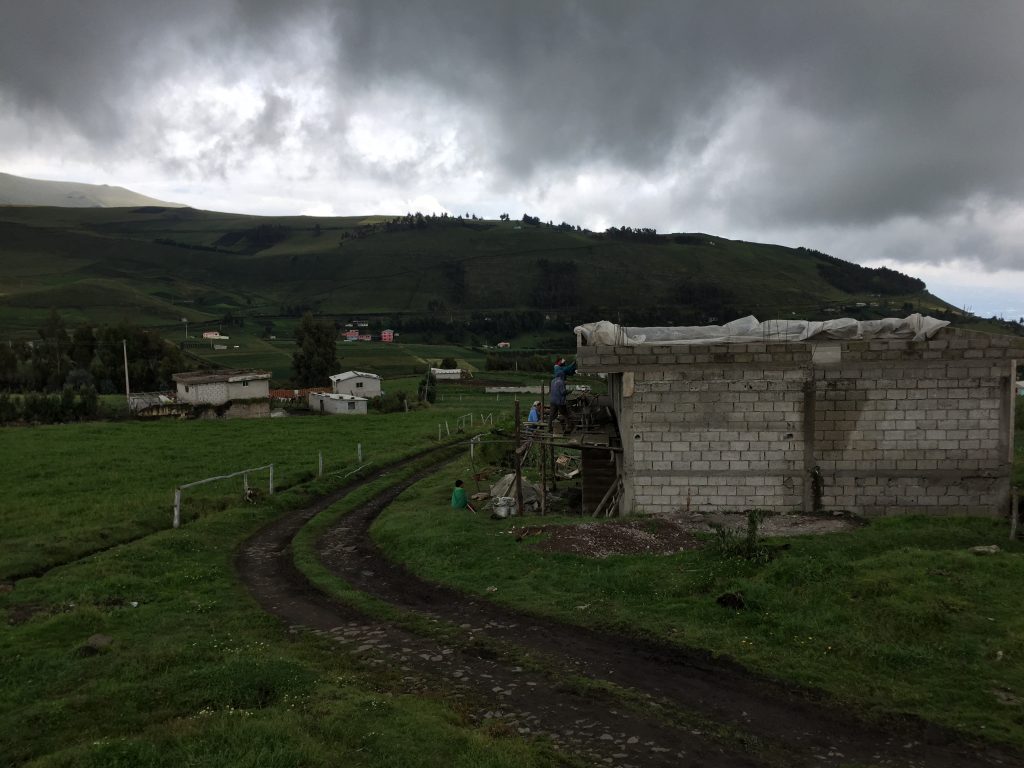
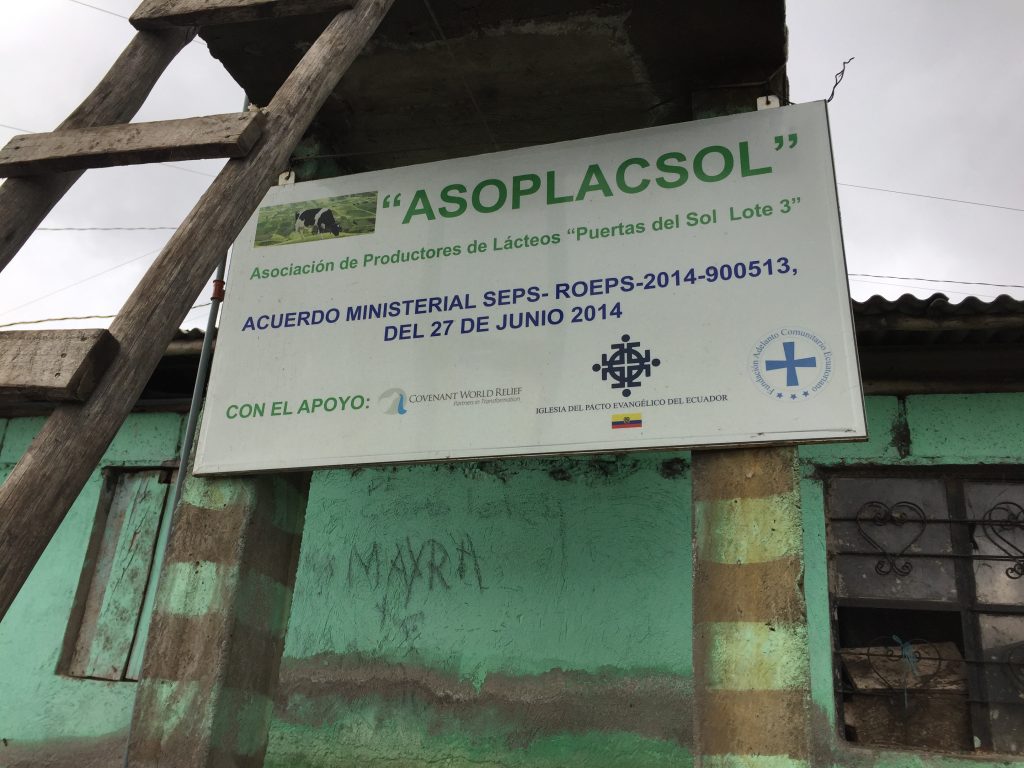
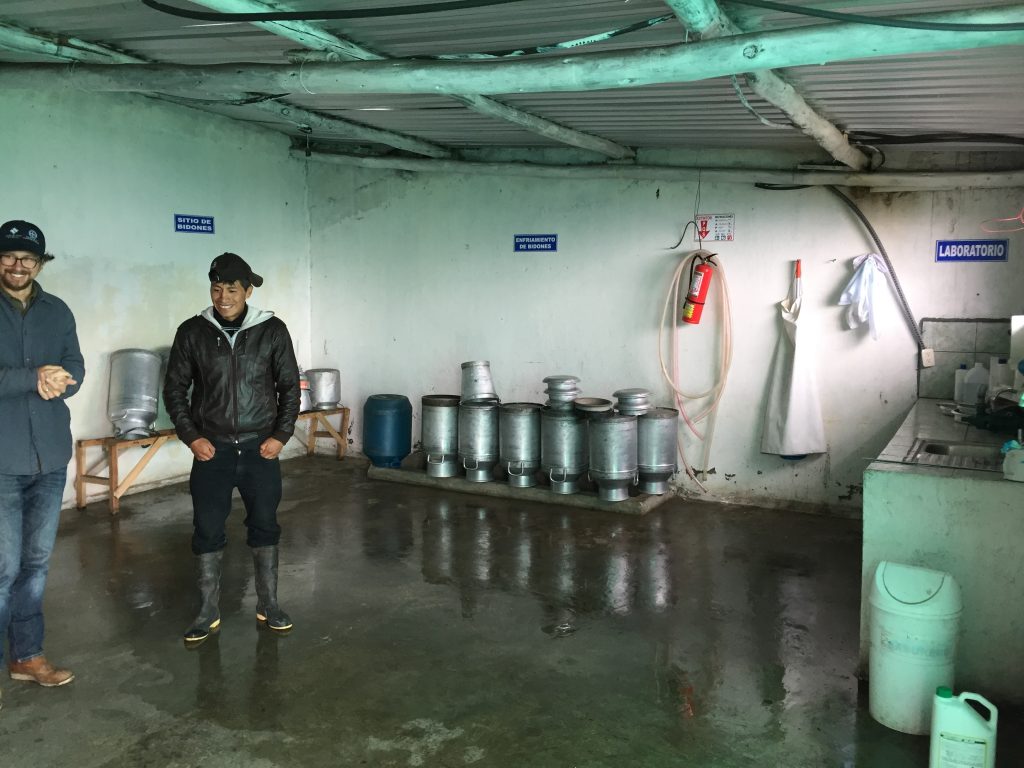
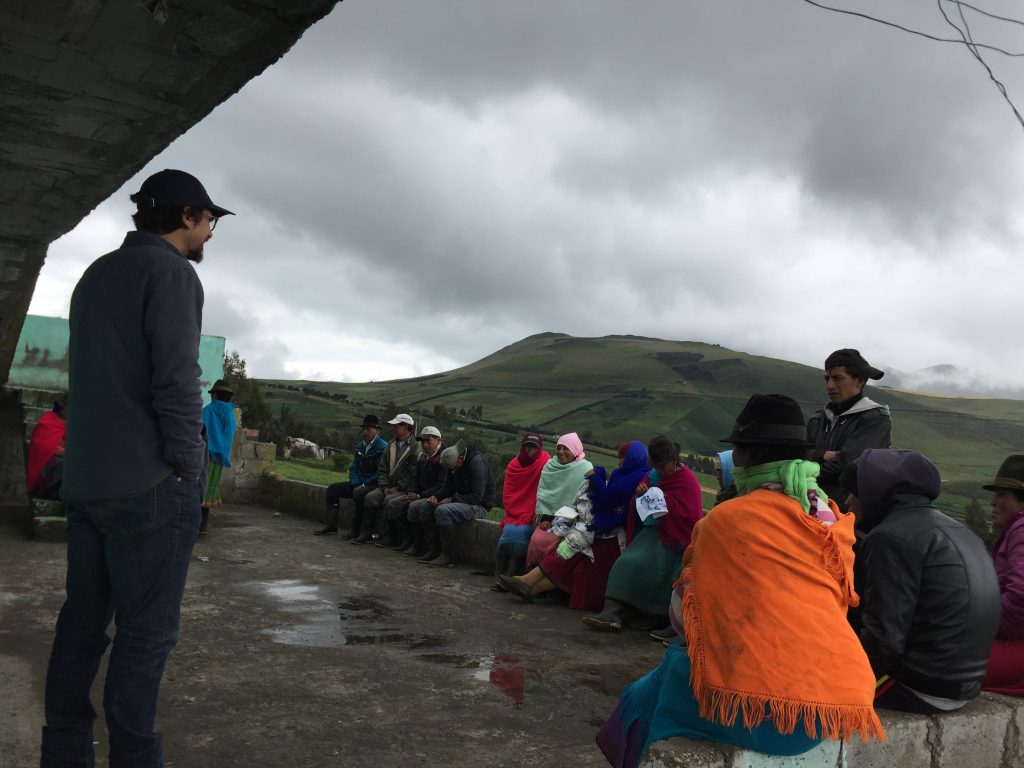

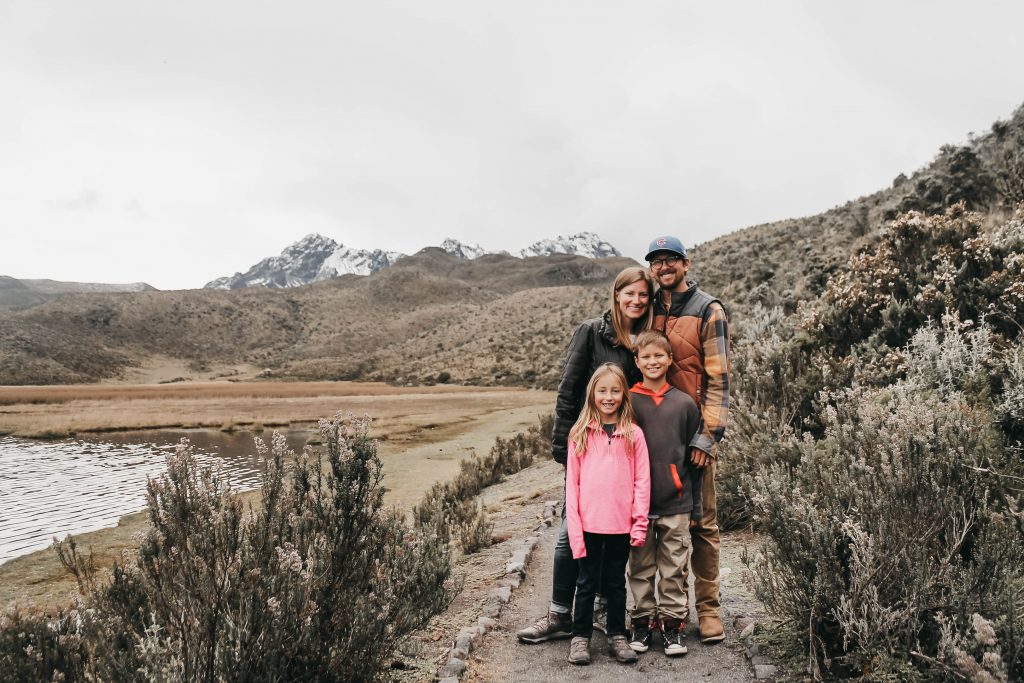
I love the Gustavo quote and the affirmation they are experiencing as beloved children of God and siblings of the missionaries. See you in Detroit!
Report This Comment